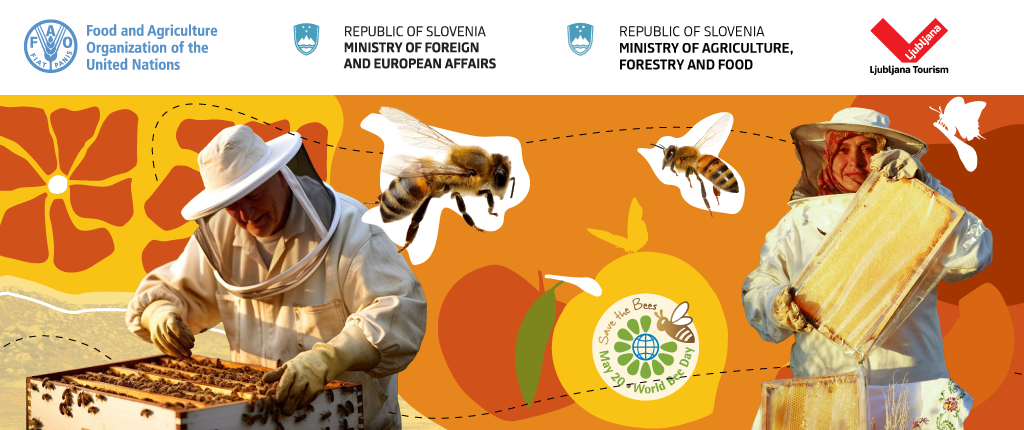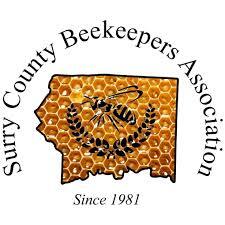By: Sue Blaine
THE time has come for food retailers and other businesses to take honeybees seriously, says Prof Warren Maroun.
Honey bees are SA’s most important insect pollinator, without which the R9.8bn-a-year fruit export industry would collapse. They are also integral to the seed production industry, their services worth about R75m-R80m a year.
Maroun is an accounting professor at the University of the Witwatersrand. He worries about the bottom line: “The decline of bees (worldwide) is a big financial risk, also for the stock market.”
He has co-written a book with Prof Jill Atkins of the UK’s Henley Business School — The Business of Bees, due out later this year.
The demise of the honey bee was “clearly” likely to affect cash flow because of the effects on raw material prices and “is, therefore, a topic that should be tackled by companies that have exposure to agricultural produce or pollinator habitat”, Rick Stathers, head of responsible investment at global asset managers Shroders International, wrote in 2014.
Honey bees, already stung by pollution, pesticides, loss of forage — both in quantity and quality — and being transported to help pollinate crops, are fragile. Too much pollination is required to leave it to wild bees. Sometimes the stresses overwhelm the bees, leading to Colony Collapse Disorder — when the majority of worker bees in a hive abandon their queen.
For almost a decade, SA’s commercial beekeepers — particularly in the Western Cape, where about half of SA’s fruit industry is found — have watched as hives collapse. Ironically, part of the problem is that South African honey bees are generally more resilient than elsewhere. This has made beekeepers and the government complacent.
“We are victims of our own success,” says SA’s pre-eminent bee researcher, Mike Allsopp.
“Our bees have managed where others have not, but stresses on bees are the same all over the world, and we are seeing the same symptoms of stress in our bees. Demand for bee pollination goes up 10% or 20% a year. When we can’t get bees, that’s when we will jump up and down about it.”
Even American Foulbrood (AFB), the deadliest and most widespread of bee brood diseases, did not galvanise as much action as commercial beekeepers would have liked when it entered SA in about 2009. Now the drought has also diminished bee numbers, although it has reduced American Foulbrood incidence because queen bees lay fewer eggs during dry spells.
Honey bee pollination services in SA are worth between R46m and R1.8bn, but scientists say the potential increase in crop production costs if there are fewer managed honey bees is more important. Managed honey bees are moved about to pollinate crops throughout the year.
“We now know, without a shadow of a doubt, that the African and Cape honey bee is not immune to AFB. It is a very substantial threat,” says Allsopp, head of honey bee research at the Agricultural Research Council.
It is not certain how American Foulbrood entered SA. Perhaps the spores came in via imported honey that was not irradiated. The spores can withstand temperatures ranging from -160°C-160°C.
Once American Foulbrood infects a hive, beekeepers burn their boxes and bees and start again with healthy bees. The hive boxes can be irradiated for R150 each, but only four plants in SA are able to do the job. Antibiotics help bees live with, but do not eradicate the disease. There is little consensus among beekeepers on dealing with it.
Massmart is aware of the decline in honey bees and is gearing up to ensure that honey transported from the Western Cape is irradiated. “It’s not yet a food security risk in SA, but we should not spread American Foulbrood and we’re investigating playing a role there,” says group sustainability manager Alex Haw.
Woolworths’s Farming for the Future program aims to reduce stresses on bees. Other food retailers either did not answer questions, or had no bee policies.
Department of Agriculture, Forestry and Fisheries chief director of agricultural production, health and food safety Mooketsa Ramasodi says the department adopted an “American Foulbrood strategy” in 2010. This is being reviewed following recent outbreaks.
“The department considers American Foulbrood to be a real threat to bees. A shortage of bees for pollination … may result in an increase in pollination costs and/or less production of crops. Fewer crops mean less money per farming unit, resulting in job losses.”
The revised strategy would require beekeeper registration, inspection and management of hives and official notification of American Foulbrood, Ramasodi says.
Commercial beekeepers are skeptical. “(The department’s strategy) doesn’t mean much to beekeepers,” says Brendan Ashley-Cooper, the first big beekeeper in SA to suffer losses from the disease.
“The department has been dealing with it since 2009, but it doesn’t have the resources or the urgency. They don’t take bees seriously enough.”








